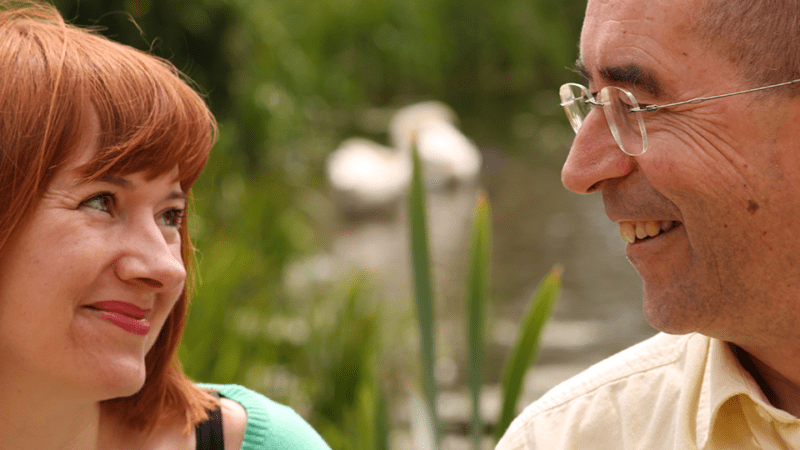
My last years with Charles shouldn’t have been so stressful
Kerry shares her experience of caring for her husband, Charles, and the difficulty finding any sort of specialist support.
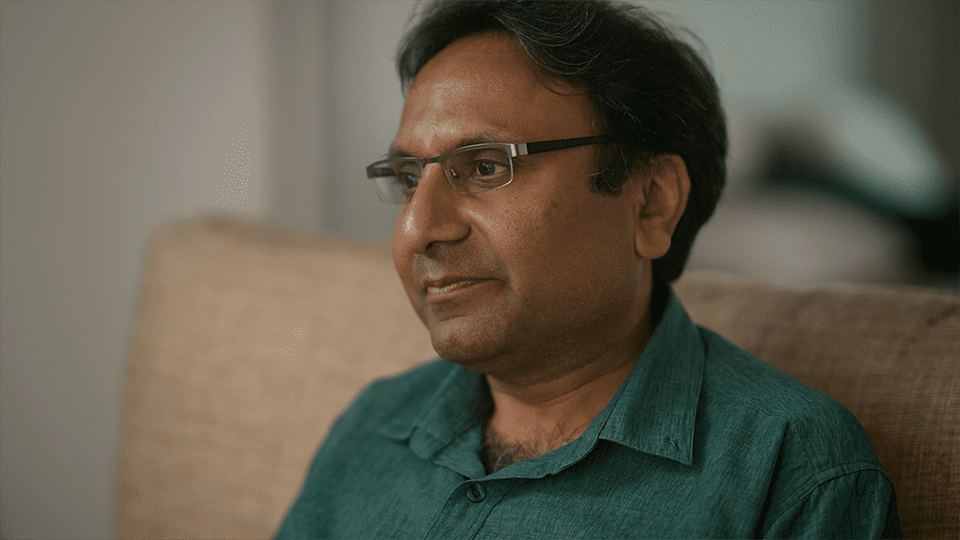
Mahersh opens up on the struggles he and wife Nishma have faced in their attempts to secure CHC funding for his mother’s care.
My mother, Manjula, has always been the rock of my family.
She is a Gujarati woman who was born in Thika, Kenya, where she lived with her family until the age of 19. She came to the UK to further her studies in accountancy. Not long after, she met my father and started a family.
Mum is the kindest, most ambitious and hard-working person I know. We’ve always held such a close bond and I always felt like I could go to her with any issues. Family is so important for her –she went above and beyond for my sister and me while we were growing up.
In January 2020, Mum was diagnosed with Lewy body dementia.
The most obvious early sign was her cognitive decline. But there were also problems with mobility and over time, her hallucinations became more regular. She would think there were people around her when there weren’t. Or that something bad had happened to me. Nights were particularly bad for her.
It’s so important for her health and wellbeing that Mum stays at home with us. We are the most reassuring and constant presence in her life, and she can become quite agitated if we aren’t around. We’ve made significant adjustments to the house so that she can remain here.
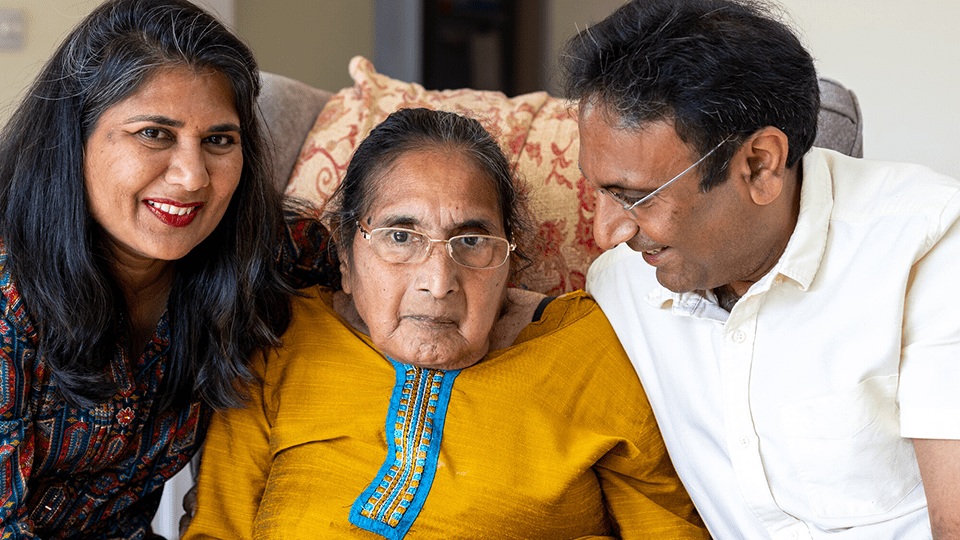
Continuing healthcare funding (CHC) is a package of care that is fully paid for by the NHS. It is designed to support people with long-term, complex health needs. People like my mum. And yet, after a lengthy and time-consuming assessment process, our application for CHC support was rejected.
I wish I could give good reasons as to why but the simple fact is, I don’t know. When the letter arrived stating that she didn’t meet eligibility requirements, it was a shock not just to me but also other health professionals. It’s devastating.
I don’t think it’s properly understood how intense, skilled and complex the level of care is when it comes to looking after someone with dementia. If it was, we surely wouldn’t have this constant battle for any sort of funding. We are currently going through an appeal process, but so much time is taken up in preparing for it – this is time I would prefer to spend making fond and lasting memories with Mum.
While dementia has been such a sad and frustrating journey for us, we have been touched by people’s kindness as well.
Firstly, we are fortunate to have found such capable carers to help Nishma and me in caring for Mum. And they can actually speak Gujarati which is such a blessing given that is her first language. Culturally tailored care is so important.
My mother is also a regular at dementia cafes, run entirely by volunteers. Even in her advanced stage of dementia, she loves these trips out of the house. I can see that she’s uplifted in the company of warm and friendly people. Obviously getting to and from the cafe in an accessible way requires a lot of organisation and work, given Mum’s mobility issues. Services like Dial-a-Ride and the Barbara Bus Fund have been incredible for us, enabling wheelchair accessible transport for us to continue taking her to these sessions and on other journeys.
I wish our healthcare system could emulate this sort of empathy when it comes to supporting families like ours. Nishma and I didn’t choose to become carers, but we had to step up and learn the ropes very quickly. It’s an all-consuming role. It shouldn’t be such an uphill battle to secure CHC funding for my mum’s care. This is why I’m sharing my story with Dementia UK and joining the campaign to fix the funding.
The last thing we need is to fight a system built to support us.
We know that dementia care can be fixed. Join us and urge the new Government to transform dementia care so that everyone affected by dementia gets the specialist support they need. Find out more here.
Find out more about World Alzheimer's Day this year and how you can get involved

Kerry shares her experience of caring for her husband, Charles, and the difficulty finding any sort of specialist support.
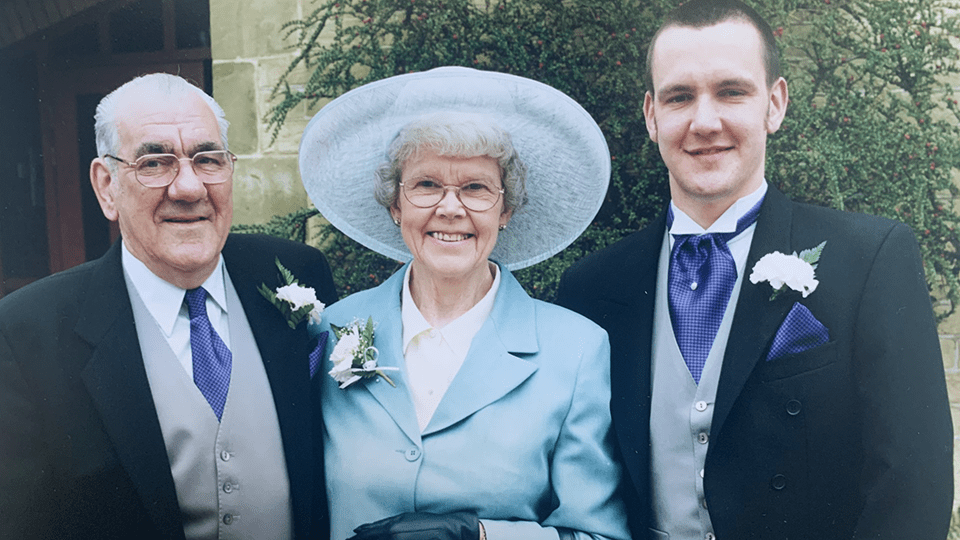
Over the span of a decade, Chris cared for both parents with dementia. He shares his story to highlight the systemic flaws carers face.
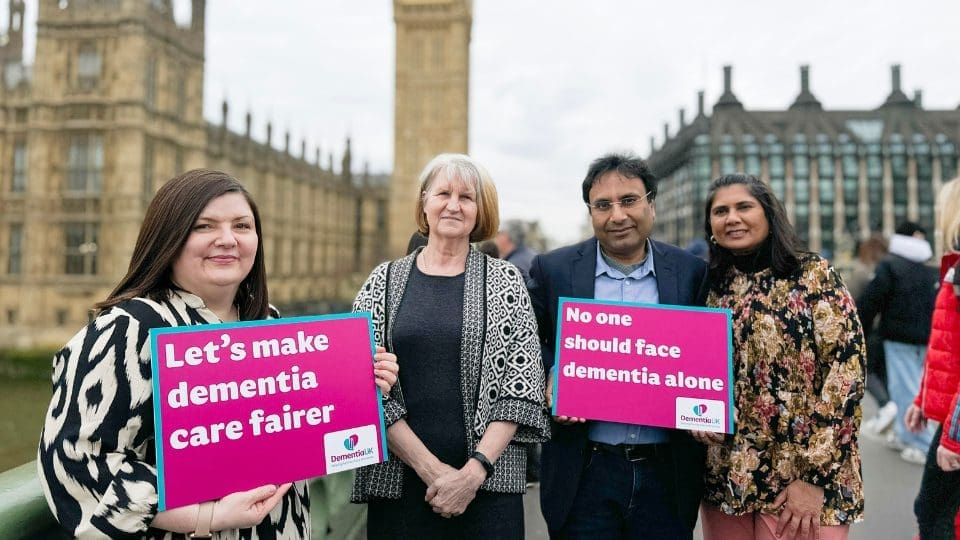
We need the Government to urgently review the continuing healthcare funding process so that more people with dementia can access the support.